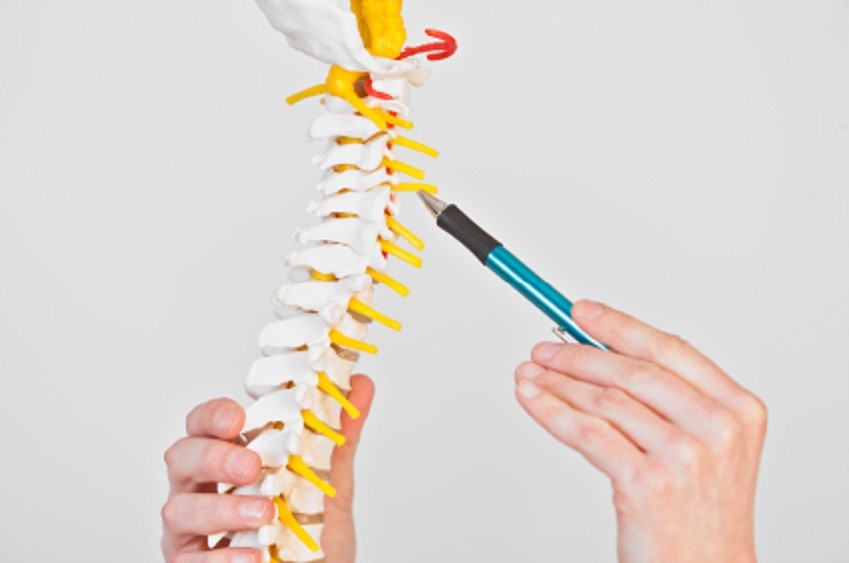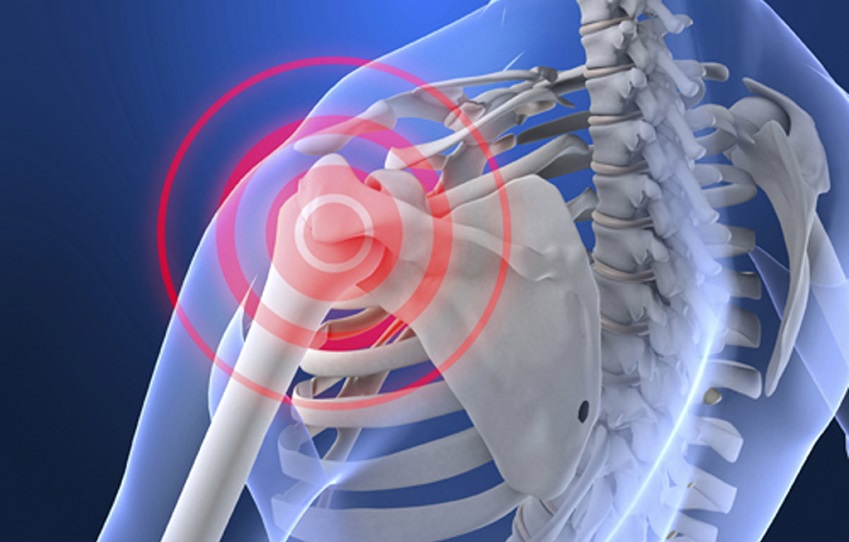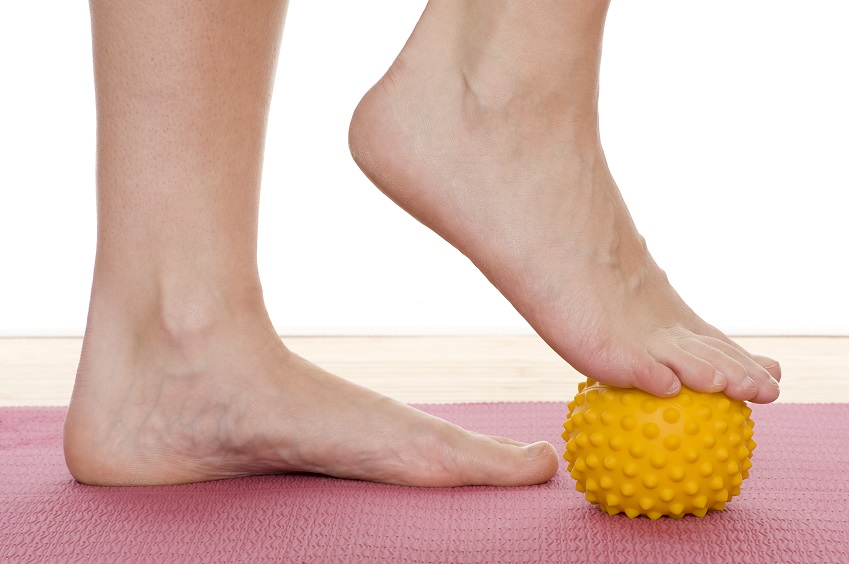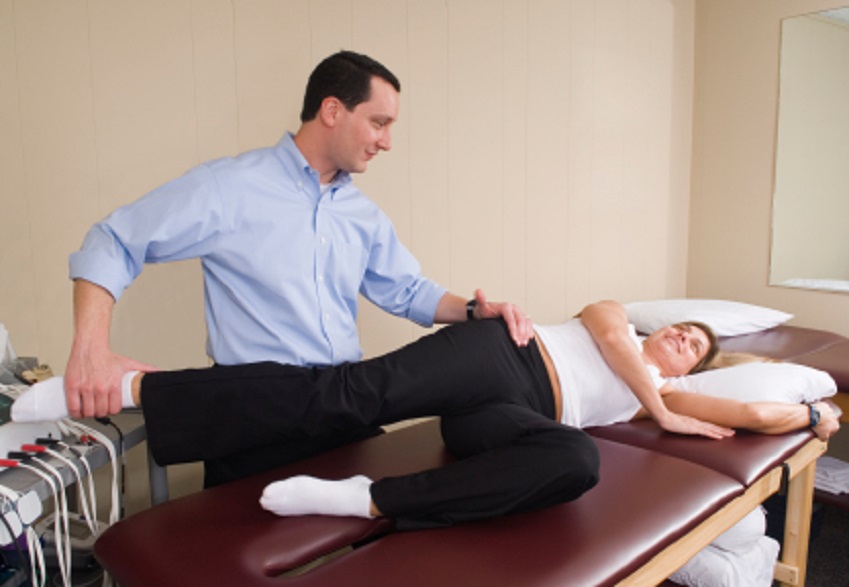Shoulder impingement/Rotator Cuff injuries
The rotator cuff is the commonly used term to describe the 4 muscles that control the position and stability of the humeral head (ball) in the glenoid (socket). Damage to any of these muscles can be extremely painful and cause dysfunction in not just the shoulder but the whole upper quadrant (neck and thoracic spine). Types of injury include tendon tears, tendinopathy, impingement, bursitis, osteoarthritis, labral tears. Often imaging is required in more severe cases to help define how many structures are involved and to what degree.
Tears of the rotator cuff tendons sometimes require surgery depending on their severity. Tears can occur with overload, or more commonly with overload on top of a tendinopathy (where the tendon is in a state of disrepair due to chronic changes). Some tears and most tendinopathies can be managed conservatively with manual therapy and a graduated core stability and strengthening program.
Bursitis describes an inflamed bursa. We have many of these fluid sacs throughout the body as they sit under many tendons to allow freedom of movement and shock absorption. If they become damaged and inflamed however, they can be quite painful and in the area of the shoulder can restrict the normal movement of the tendons under the acromial arch. This is called impingement. Bursitis can be managed with non steroidal anti inflammatories, or often steroid injection in conjunction with physiotherapy to restore normal function to the area. There are instances of traumatic onset, or often, it is a gradual onset due to poor shoulder biomechanics. This will need to be retrained to prevent recurrence.
For more information or to book an appointment, please contact us:
- 07 3882 3666
- info@nsic.com.au




























Conditions »
- Back pain
- Neck pain
- Headaches
- Nerve pain
- Sports Injuries
- Knee pain
- Arthritis
- Core stability
- Shoulder injuries
- Sprains
- Muscle strains/tears
- Incontinence
- Pelvic Floor Conditions
- Chronic Pain
- Fibromyalgia
- Shoulder Injuries
- Shoulder impingement / Rotator Cuff injuries
- TMJ – jaw Problem
- Tendinopathy/Tendinitis
- Bursitis
- Ankle sprains
- Other Foot Pain
- Plantar fasciosis / plantar fasciitis
- Patello femoral pain
- Osteoporosis



